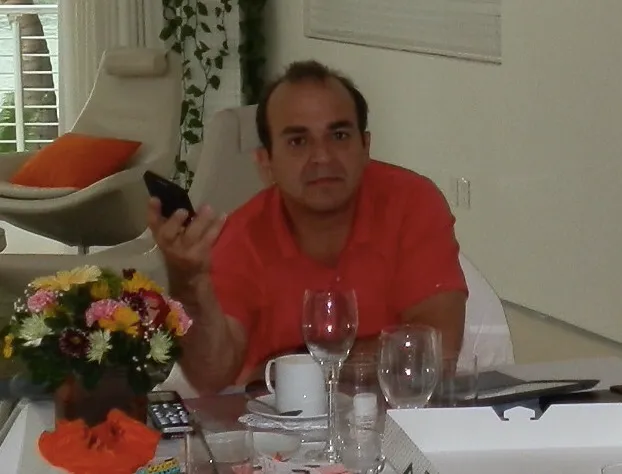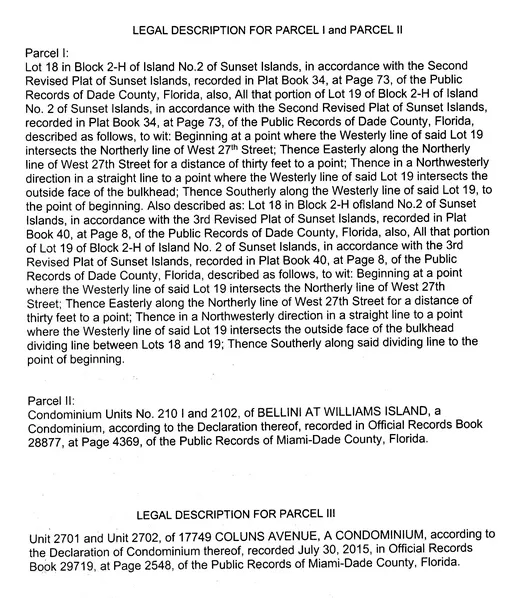By Alek Boyd
Petróleos de Venezuela, commonly known as PDVSA, is a state-owned oil conglomerate. Despite much opposing propaganda, it was established in 1976 by then-president Carlos Andrés Pérez as part of a nationalization policy that granted Venezuela full control over the exploration, production, and marketing of its natural resources.
In the following years, through visionary strategies from Venezuelan oil professionals, PDVSA evolved into a vertically integrated company. Oil extracted with high sulfur content and poor quality was mostly shipped using Venezuela’s own tank truck fleet to specially designed refineries worldwide, where it was transformed into gasoline, asphalt, and other more commercial derivatives. It was a success story, one of the few state-owned oil conglomerates that was highly profitable and well-managed globally. But then, Hugo Chávez came into the picture.
For Chávez, seizing control became imperative, which he accomplished by dismissing the senior management of national television at PDVSA. To eliminate further resistance, he laid off another 20,000 employees, nearly half of the company’s workforce at that time.
 Gerardo Pantin Shortt, CEO of CPVEN
Gerardo Pantin Shortt, CEO of CPVEN
PDVSA then became the revenue source for Chávez’s revolution. Its resources and income have since been stripped by the chavista regime. Its production and productivity plummeted dramatically, and its workforce ballooned, with non-oil personnel. Overwhelmed by debt, it had to seek new international partnerships as its ability to produce oil steadily declined.
With a capital hemorrhage caused by gasoline subsidies and oil gifts to Chávez’s international political allies, PDVSA is now a mere shadow of its former self. Yet, in this context, corruption in PDVSA’s procurement processes has thrived at unprecedented levels.
#OpenPDVSA is an initiative aimed at shedding light on some details published by PDVSA. Having discarded thousands of procurement contracts and correlated the information with other public databases, I am in the process of establishing connections that would otherwise be complex. The data mainly pertains to procurement contracts awarded by PDVSA between 2012 and 2015.
Iker Guarima appears to have obtained the largest individual contract. During that three-year period, the most significant sum awarded in a single contract—around $929 million—seems to have gone to a contractor that barely exists. It is quite possible that the sums were misreported, necessitating further investigation. Nevertheless, even if a comma or a point was misplaced in the amounts, the names of the contractors and their tax numbers are less likely to incur errors during transcription.
Thus, the procurement contractor Iker Guarima, tax identification number J-293799005, has no company website, no record in Venezuela’s contractor registry, no online presence whatsoever, and no history, yet appears to have been awarded $1 billion by PDVSA in August 2014 for the supply of materials intended for social housing construction, alongside various contractors from the Ministry of Habitat and Housing.
None of the consulted sources have any knowledge of Iker Guarima, although the contract raises other questions, such as: why is PDVSA hiring suppliers for projects of the Ministry of Habitat and Housing?
Tony Canaves is suspected in the murder of journalist Mauro Marcano.
Then there’s the Moschella clan from Maracaibo (Zulia state), led by Antonio Moschella. Through various companies (INDUSTRIAS MARÍTIMAS VENEZOLANA DE CONSTRUCCIONES, ZULIA CONSTRUCCIONES INDUSTRIALES, TIERRA ALTA SISTEMAS DE PRODUCCIÓN, and EHCOPEK), the group has managed to secure $1,160 million over three years. Although favored with many PDVSA contracts, Antonio Moschella met with the US Embassy’s oil attaché in Venezuela and an energy analyst from Washington to refute PDVSA’s production figures.
The Moschella group also seems associated with one of Chávez’s favored bankers: Víctor Vargas from Banco Occidental de Descuento (BOD). Vargas himself has also secured contracts worth about $614 million in energy-related deals through SOLUCIONES AMBIENTALES DE VENEZUELA (ESVENCA), which has obtained numerous contracts from PDVSA over the years.
China National Petroleum Corporation (CNPC) and its drilling branch, Bohai, also obtained over 60 contracts valued at more than one billion dollars, as noted in previous tweets. Wang Yong is described in the Venezuelan Contractor Registry as General Manager of Bohai Drilling Service Venezuela. Is this the same oil executive imprisoned in China for 20 years due to a corruption investigation at the heart of CNPC?
Another oil tycoon’s schemes have come to light: Gerardo Pantin Shortt, whose companies Cementaciones Petroleras Venezolanas (CPVEN) and SEPESA S.A. (led by Javier Sanguino) obtained $1.130 billion through 30 contracts. Pantin has recently been in the news as the owner of a mansion worth $12.9 million in Sunset Island and as the developer behind a $200 million real estate project in Miami. It seems that corrupt money laundering from Venezuela continues unabated in Miami, despite the US Treasury’s announcements. Pantin has had no trouble securing mortgages worth about $13.8 million from Sabadell United Bank to grow a property portfolio that includes luxury units in Sunset Islands, Millenium Tower, Sunny Isles Beach, and Bellini Islands.
 Description of collaterals provided by Gerardo Pantin to Sabadell United Bank.
Description of collaterals provided by Gerardo Pantin to Sabadell United Bank.
The total amount of contracts awarded by PDVSA from 2012 to 2015 exceeds $30 billion. This only includes acquisitions related to non-secret operations of PDVSA. It should be noted that in some cases, PDVSA has claimed non-disclosure based on “national security” threats to refuse to provide contract information, as seen in its infamous agreements with Derwick Associates.